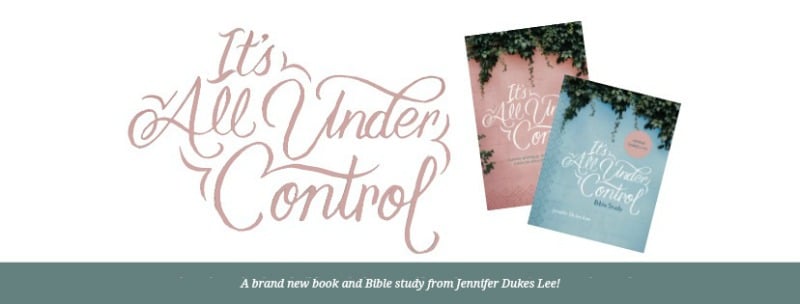#TellHisStory Featured Writer: Kim Miller of Tyndale Momentum
During 2013, dozens of talented writers are joining me to cheer you on in your storytelling. These guest-writers will share a few helpful words with you right here every Tuesday night, to encour
age you as you #TellHisStory. (Come back after midnight Wednesday to link up your God Story by clicking here. In April, we’re considering stories about growth and change, though you are free to share ANY story that God lays on your heart.)And now, I’m delighted to introduce you to the amazing, thoughtful woman who is editing my book. Meet Kim Miller, senior editor at Tyndale Momentum.
Writers of memoir sometimes wonder and worry about how accurate their recollections must be. As an editor, I never want authors to violate readers’ trust by stretching the truth, whether to make a story more interesting or to put themselves in a better light.
At the same time, writers must realize that people will inevitably remember a situation somewhat differently. They will also come away from the same experience with distinctive impressions—the very seeds for reflection.
In Good Prose, Tracy Kidder and Richard Todd offer this advice: “You tell the stories as accurately and artfully as your abilities allow. If you succeed, you replace the fragments of memory with something that has its own shape and meaning. . . . [T]he good memoir is different from the memories behind it, not a violating of them but different, and different of course from the actual experience that gave birth both to memory and memoir.”
That’s why memoir can be so transformative, not just for the writer, but for readers who may resonate with a perspective that gives new meaning and significance to their own experiences.
ABOUT KIM: Kim Miller is a senior editor for nonfiction at Tyndale Momentum, an imprint of Tyndale House Publishers.
YOUR TURN: How do you treat fuzzy details or possible factual discrepancies in memoir? Let’s chat about writing in the comments…




I greatly appreciate this post, Kim, and your perspective on memoir. I realize that of all the genres in which I write, I resonate most with the personal essay, which, for me, is the memoir in miniature. “What is truth?” Pilate asked it. Authors should ask it and attempt to write as truthfully as possible. But, perhaps, jouranalistic truth differs from deep-heart truth. I try to describe a scene from memory as vividly as I can recollect, but in truth, particularly, if something happened long ago, can I be absolutely factually accurate, point by point by point? Probably not. But how have I been changed? How have I grown as a result of what has happened? Sometimes there is a deeper truth, a more important truth to be told than the color of a room, than the exact, word-for-word dialogue which transpired there. But I may have been altred by that dialogue, and this I could tell you with as much passionate accuracy as the depths of my emotions will allow. I hope that this is the deeper truth with which readers will resonate. I love all that you have said here, and also that quote you cited. Memoir shapes memories and shapes life. Perhaps you, in turn, will enjoy this quote from author Eudora Welty: “The events in our lives happen in a sequence in time, but in their significance to ourselves, they find their own order . . . the continuous thread of revelation.” How I long to follow that thread of truth, wherever it might lead, straight from the heart and back again. Thank you so much for this wonderful guest post!
Blessings,
Lynn Morrissey